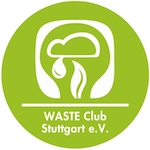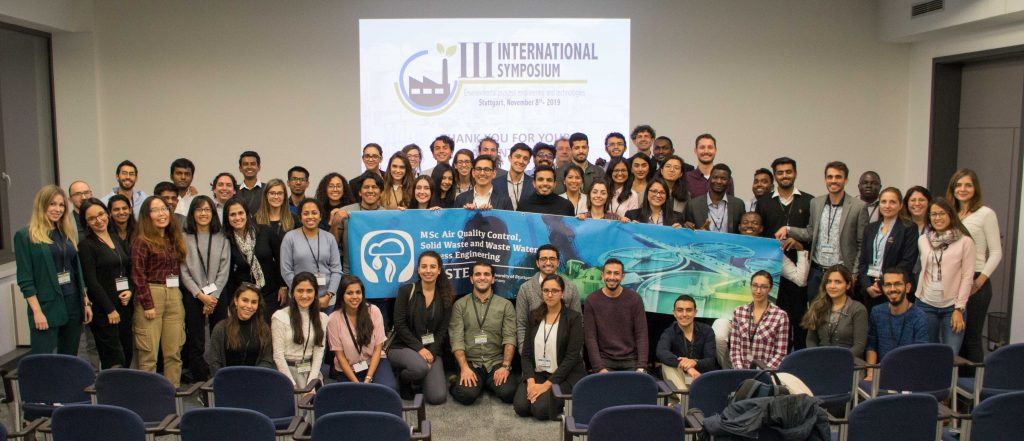
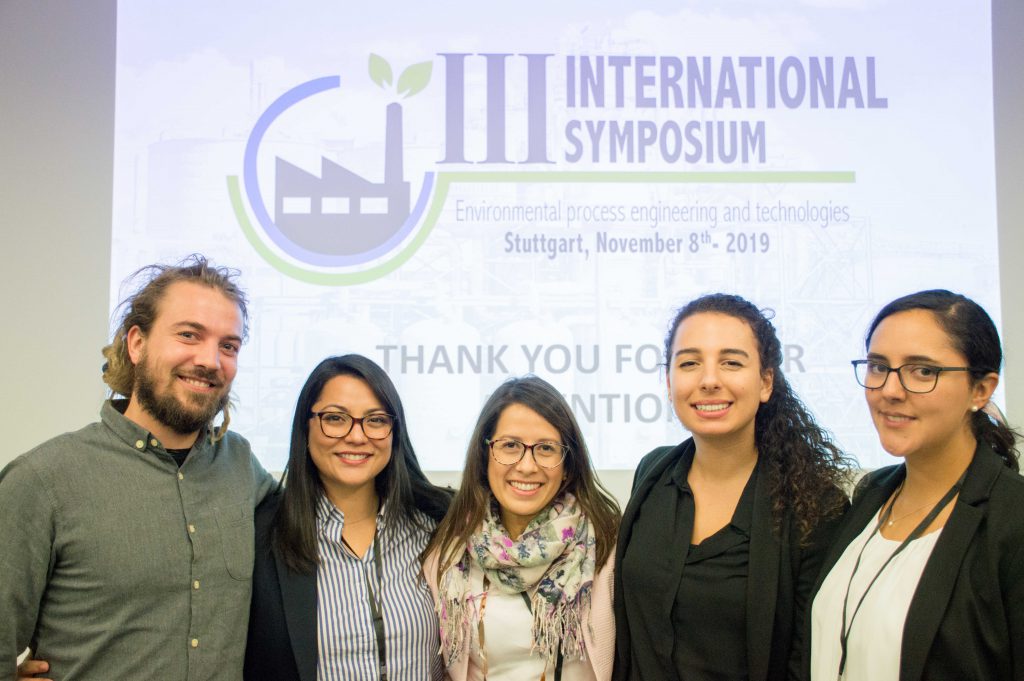
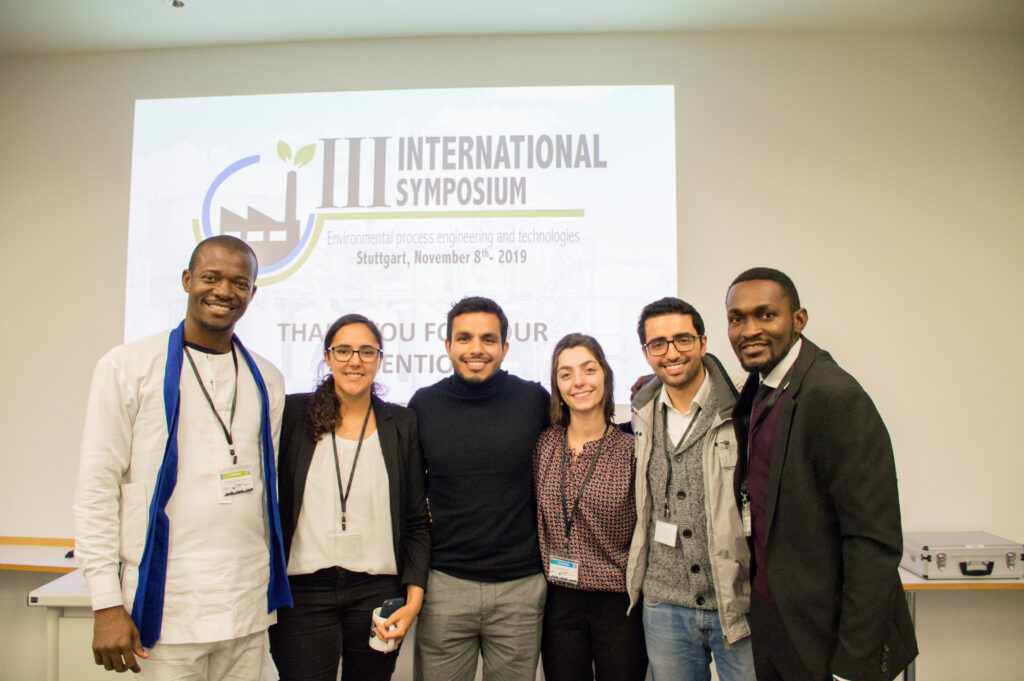

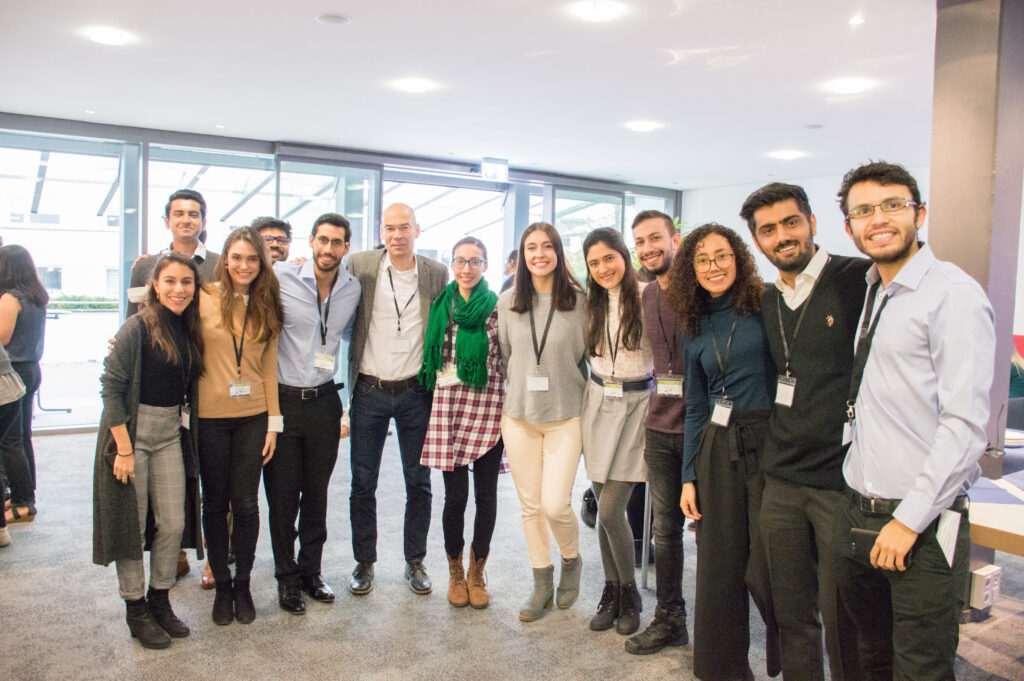
The Third International M.Sc. WASTE Symposium organized by the MSc. WASTE Office Team was held on November 8, 2019. The agenda for the symposium was Waste to Energy and speakers from all over the world came together to talk about research advances in the matters of waste management. And offered suggestions for dealing with one of the most crucial waste challenges of our generation.
The Symposium was a congregation of international speakers, researchers, and students who shared their research and exchanged ideas on an international platform.
What if the same environmental technologies are shared among all nations?
How beneficial will it be for further developments in the green-oriented industry?
How have evolved environmental technologies in the industry during the last years?
The first step to addressing such questions is holding discussions in the field. The symposium is aimed to find a coalition point for international speakers to share their experiences working and researching environmental technologies in the fields of Solid Waste, and Waste Water Process Engineering along with Air Quality Control.
The symposium had informative presentations from four international speakers. Dr. Petros Gikas, Director of Design of Environmental Processes Laboratory came from the Technical University of Crete, Greece. Dr. Herve Boileau, professor in the field of Sustainable Hospitality and Anaerobic Digestion at University Savoie Mont-Blanc (USMB), France. Dr.Arwa Abdelhay, professor of Civil and Environmental Engineering at German Jordanian University (GJU), Jordan. Dr.-Ing. Hans-Joachim Gehrmann, group leader of Combustion Technology at the Institute for Technical Chemistry of Karlsruhe Institute of Technology), Germany. The symposium also hosted enterprise conferences from speakers like M.Sc. Ronny Hanich from the Fraunhofer Institute for Chemical Technology and Dr. Alexander Los from Erasmus University Rotterdam. Additional events at the symposium focused on student conferences and research posters by students at M.Sc. WASTE and start-up presentations by Recycling In Dorms, a student-run initiative for efficient waste segregation and collection in the university dorms, and CALYPSO, a startup creating a digital platform for waste mapping and management.
The Symposium was an opportunity for students, attendees, and speakers to brainstorm over some of the most crucial waste challenges of our generation and network with a global community striving towards the same goals. The focus was to introduce ideas to shift from conventional to new and innovative non-conventional solutions.
Exchanging Ideas and Promoting a Demand-Driven Research
The interdisciplinary and international nature of the WASTE program brings together people from all over the globe to be part of a program that deals with the most crucial waste challenges of our generation. The idea is to gather a diverse group with different academic and professional backgrounds together to advance the exchange of talents and skills to nurture innovative solutions to our common problems. It is true that all countries around the world have their own waste problems. The characteristics of the waste they deal with, its properties, and the sorting methods might be different but at the end of the day, all countries around the globe need a strategy for solid, air, and water waste treatment. By exchanging ideas and building on each other’s unique skill sets we aim to accomplish together with the goal of environmental sustainability in air, water, and land.
The Third International Waste Symposium was a platform for experts and scholars around the world to congregate and deliberate on the issues of waste. I had the opportunity to interview some of the guest speakers at the symposium and all of them spoke about the value of such a convocation in sharing ideas and triggering new research. Dr. Hans Joachim Gehrmann presented on the topic of Chemical recycling of plastic wastes. In his interview, he quoted “the new generation of WASTE is explorers who come from different corners of the world to seek out solutions to a global challenge”. He recognized the value of furthering international collaboration for achieving a shared goal of environmental sustainability. He encouraged the efforts of people who developed this conference and recognized how important it was, especially for new scientists and thinkers working in the field of waste, to network with the researchers, lecturers, and invited speakers from other countries and also to present their scientific work and get it reviewed from waste experts. Dr. Gehrmann also emphasized the opportunities of studying in Stuttgart, with its high scientific level offering possibilities to collaborate with other institutes like the KIT, the Max Planck, and the Fraunhofer Institute as well as with industries that are willing to support new projects and invest in new technologies.
